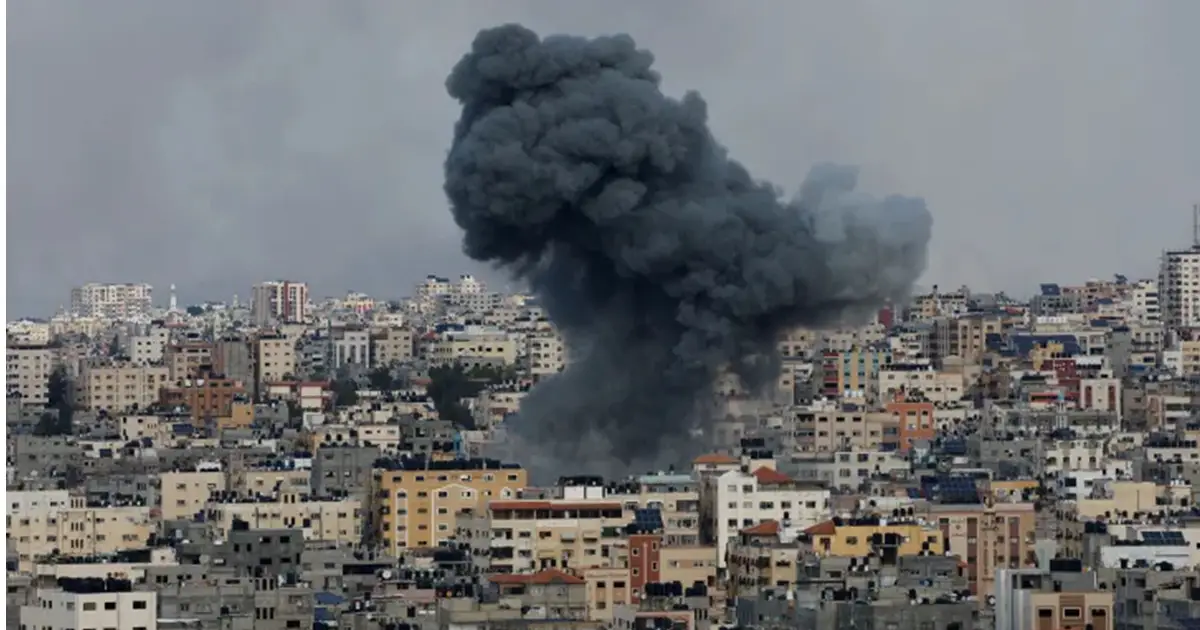The conflict between Israel and Palestine is one of the longest-running and most complex in the world. It has its roots in a colonial act carried out more than a century ago when Britain promised to establish a national home for the Jewish people in Palestine, a land inhabited by a majority of Arab Muslims and Christians, as well as a minority of Jews. This promise, known as the Balfour Declaration, was made without consulting the native Palestinians, who opposed the influx of Jewish immigrants and the loss of their lands.
The conflict escalated after World War II, when the United Nations proposed to partition Palestine into two states, one for Jews and one for Arabs, with Jerusalem as an international city. The Jewish leaders accepted the plan, but the Arab leaders rejected it and launched a war against the newly declared state of Israel in 1948. The war resulted in Israel expanding its territory beyond the UN partition plan, and creating hundreds of thousands of Palestinian refugees who fled or were expelled from their homes.
Since then, several wars and uprisings have taken place between Israel and its Arab neighbors, as well as between Israel and various Palestinian factions, such as the secular nationalist Fatah and the Islamist militant Hamas. The main issues of contention are the status of Jerusalem, which both sides claim as their capital, the fate of the Palestinian refugees and their descendants, who demand the right to return to their ancestral lands, and the Israeli settlements and military occupation of the West Bank and East Jerusalem, which are considered illegal by most of the international community.
Over the years, several attempts have been made to resolve the conflict through negotiations and peace agreements, such as the Oslo Accords in 1993, which established a Palestinian Authority to govern parts of the West Bank and Gaza Strip and envisioned a two-state solution based on mutual recognition and land swaps. However, these efforts have failed to achieve a lasting peace, due to various factors such as political divisions, violence, mistrust, and external interference.
The latest escalation of violence began on October 7, 2023, when Hamas launched an unprecedented attack on Israel from Gaza, firing thousands of rockets and sending hundreds of gunmen across the border to infiltrate Israeli communities near Gaza. Hamas also attempted to enter Israel by sea using boats. The attack caught Israel by surprise and caused massive casualties and damage. Israel responded by declaring war on Gaza and launching a massive bombing campaign that targeted Hamas infrastructure, leaders, and hideouts. Israel also cut off electricity and fuel supplies to Gaza, which worsened the humanitarian situation in the already besieged enclave. Israel also bombed a mosque in Jenin refugee camp in the West Bank, killing two people.
The death toll from the ongoing war has risen to 3,547 Palestinians and at least 1,403 Israelis as of October 23, 2023. Hamas is still holding 210 hostages in Gaza, most of them soldiers and civilians captured during their initial assault. Israel has mobilized its troops along the Gaza border and threatened to launch a ground invasion if Hamas does not release the hostages and stop firing rockets. Egypt has been trying to mediate a ceasefire between the two sides, but so far without success. The international community has expressed concern over the escalating violence and called for an end to hostilities and respect for human rights.
The current situation is extremely volatile and unpredictable. Both sides have shown no signs of backing down or compromising on their demands. The prospects for peace seem dimmer than ever. The conflict has not only caused immense suffering for both Israelis and Palestinians but also destabilized the region and threatened global security. It is unclear how long this war will last or what its outcome will be. What is clear is that it will have lasting consequences for both and the world at large.
Source: wikipedia.org, washingtonpost.com, theguardian.com, aljazeera.com, news.un.org, bloomberg.com

